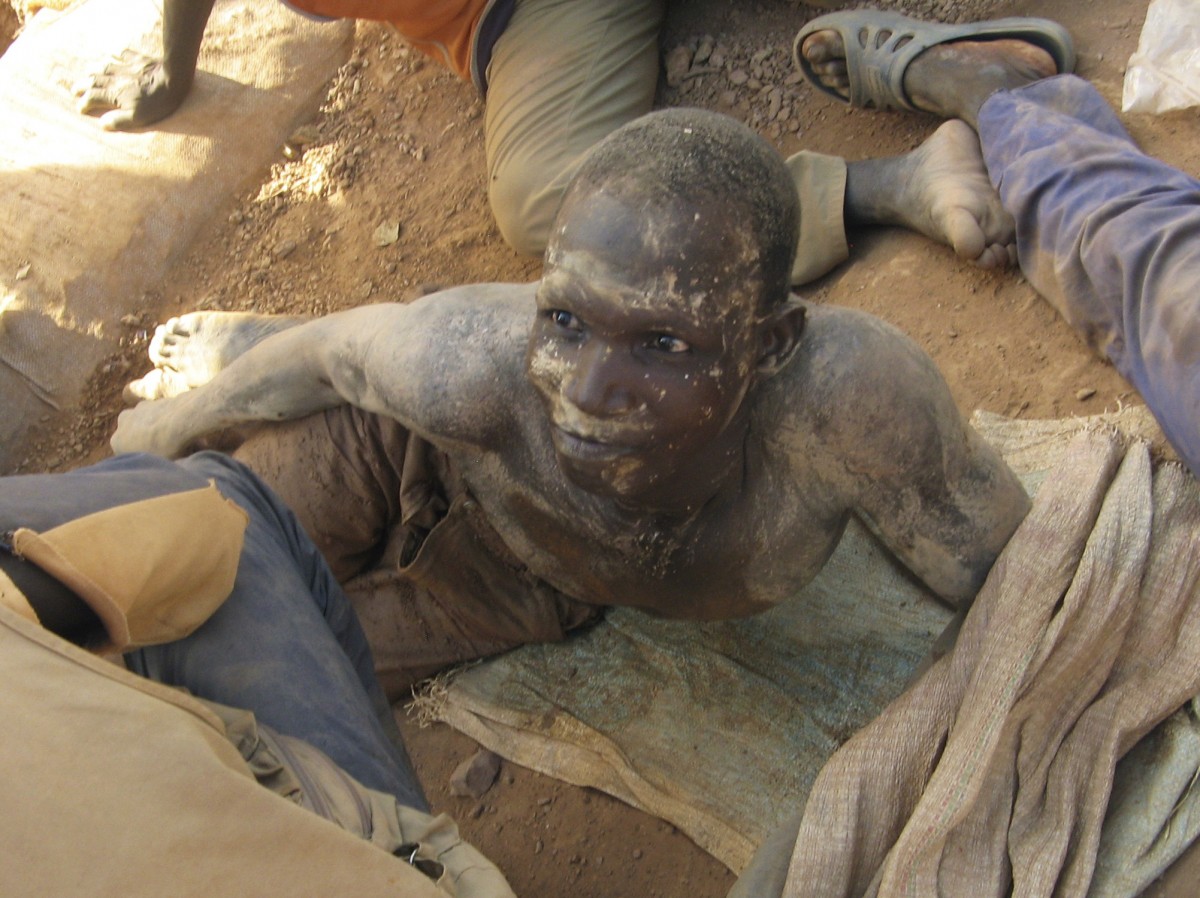
Children as young as 11 years old in Tanzania are being subjected to dangerous gold mining conditions, leading to injury and long-term health conditions among young workers, according to a recent report published by Human Rights Watch.
The gold mining industry in Tanzania is, lawfully speaking, off-limits to child workers, but that hasn’t stopped thousands of young boys from being sent to the unlicensed mines to earn money for their families. Meanwhile, young girls living near the mines are increasingly facing sexual harassment and pressure to enter the sex industry, where they’re subject to diseases including HIV.
“Tanzanian boys and girls are lured to the gold mines in the hopes of a better life, but find themselves stuck in a dead-end cycle of danger and despair,” Janine Morna, a children’s rights research fellow with Human Rights Watch said in a press release. “Tanzania and donors need to get these children out of the mines and into school or vocational training.”
Young workers are subject to underground pit shifts that last up to 24 hours, leaving boys subject to collapses and other dangerous conditions. One boy interviewed by Human Rights Watch who had fallen victim to a collapsed mine said he was taken to the hospital, where he remained unconscious for hours.
“On paper, Tanzania has strong laws prohibiting child labor in mining, but the government has done far too little to enforce them,” Morna said. “Labor inspectors need to visit both licensed and unlicensed mines regularly, and ensure employers face sanctions for using child labor.”
Human Rights Watch is also reporting that young workers are being exposed to mercury at dangerously high rates. Tanzania played a critical role in the creation of the Minamata Convention on Mercury, intended to regulate and reduce signatory countries’ mercury pollution. When ingested, mercury leads to neurological and gastrointestinal damage.
Now Tanzania is being called out for not following through with the convention’s stipulations, allowing young boys to work in unlicensed mines where they handle mercury and inhale its fumes during a gold burning process.
“Tanzania helped bring the Minamata Convention on Mercury,” Morna said. “Now, to protect the future of its own people of its own growing mining industry, it needs to take the lead to protect its children — by monitoring, testing, and treating them for mercury exposure and getting them out of the mines.”
Human Rights Watch is calling not only on Tanzania but also on the international gold industry to ensure it does not promote or benefit from child labor in Tanzania’s mines. Researchers working on the report discovered a lack of procedures to halt the transfer of unlicensed gold to the global market.
“Whether small or large, Tanzanian or global, businesses should avoid becoming entangled with unlawful child labor in their supply chain,” Morna said. “As those with the buying power, gold traders have leverage over their suppliers. They should use it to protect children and to protect consumers from buying gold tained by child labor.”
Tanzania’s Deputy Energy and Minerals Minister Stephen Masele indicated the government would address the issue of child labor in the country’s gold mines, admitting it exists within Tanzania.
“Child labor is a serious problem in small-scale mines,” Masele said in an interview with Reuters. “More advocacy is needed to ensure parents understand the importance of education for their children.”
Masele indicated that the government has been carrying out inspections at mines to address the issue.


